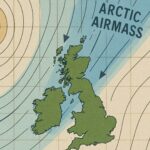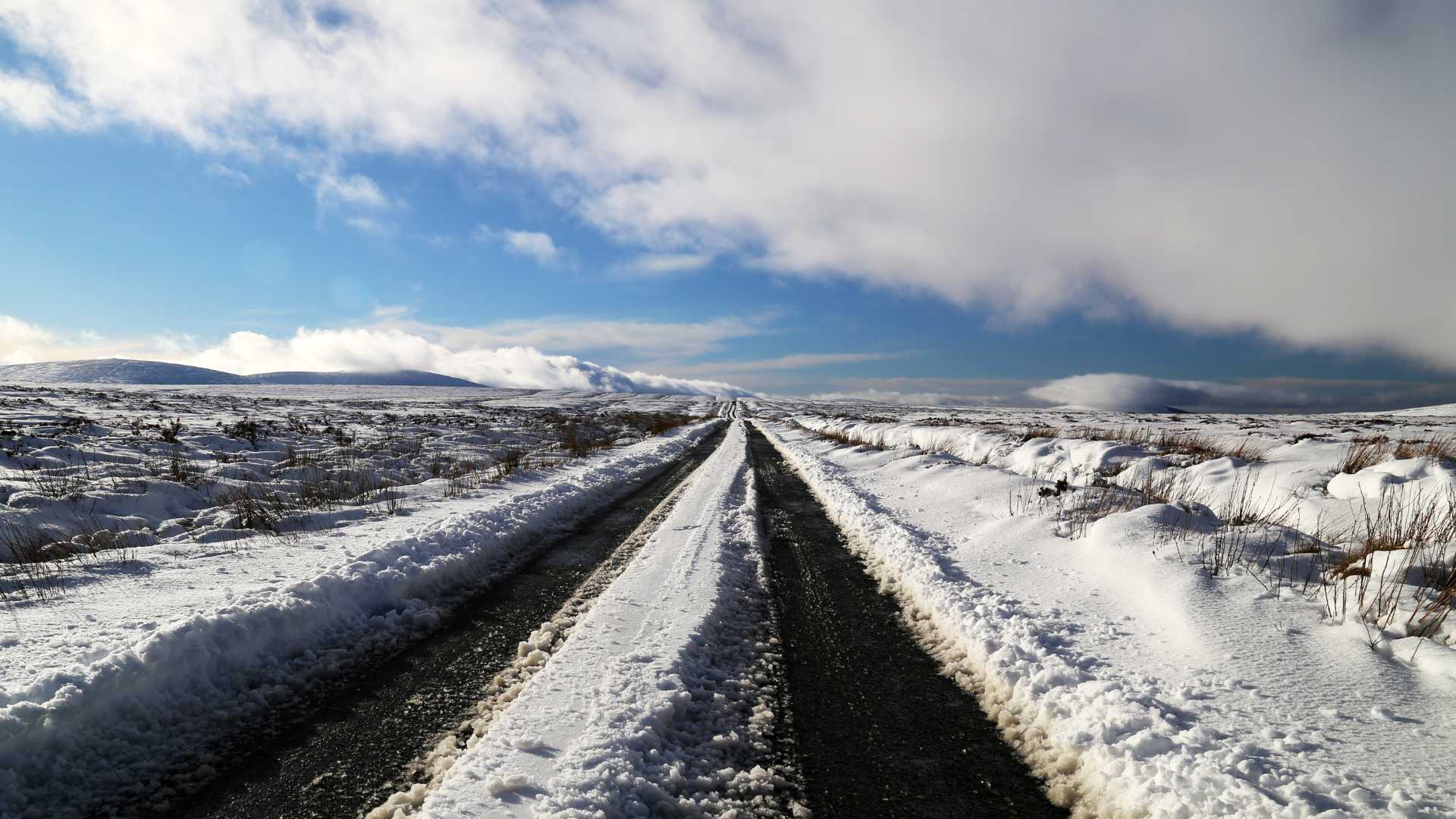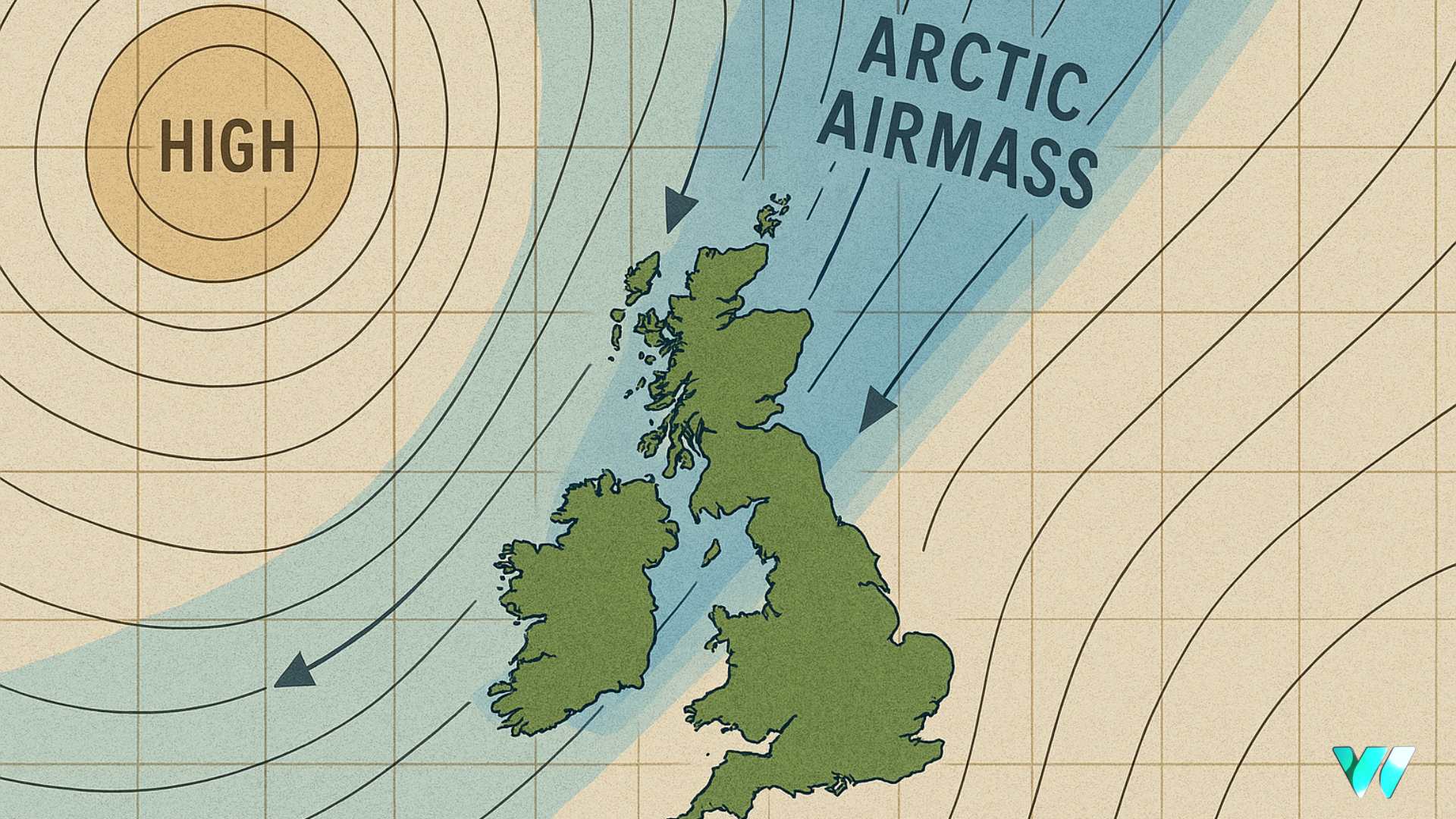
Scientists Criticise Irish Methane Targets as ‘Unfair’
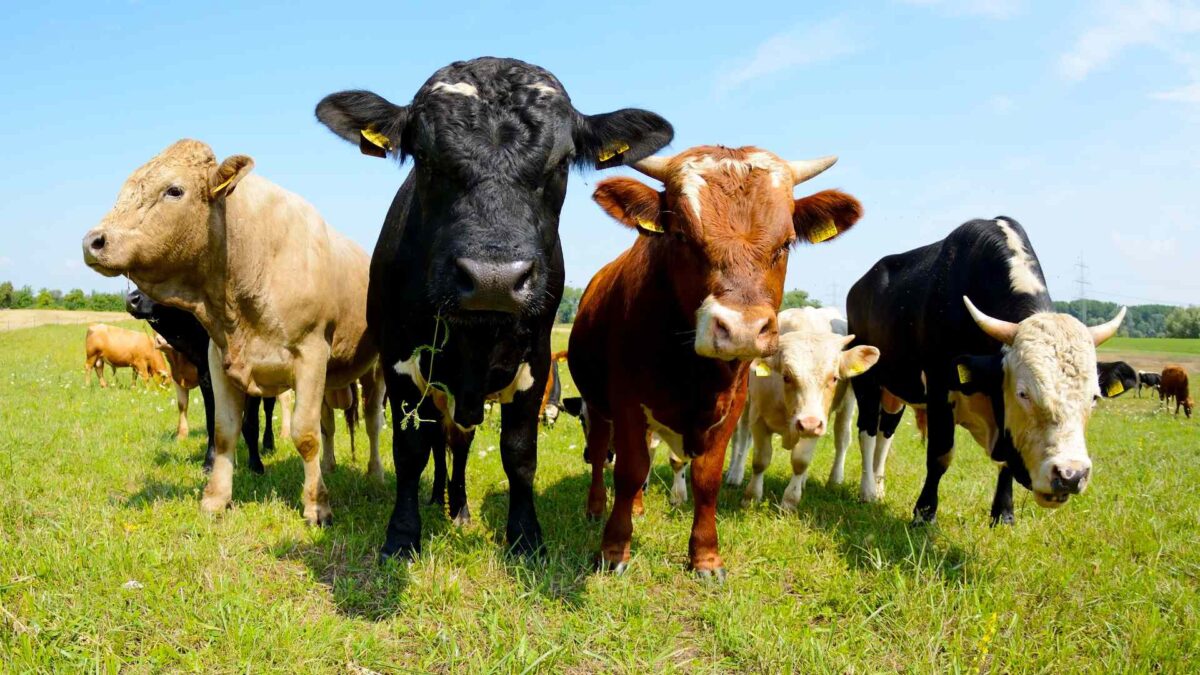
A new study led by the University of Galway warns that proposed Irish climate targets could protect methane emission privileges for wealthy livestock-exporting nations at the expense of poorer countries’ development.
The international research, published in Environmental Research Letters, was carried out with the University of Melbourne, University College Cork and Climate Resource. It criticises the adoption of “temperature neutrality” or “no additional warming” as a target-setting approach. This method stabilises a country’s contribution to global warming rather than aiming for net zero greenhouse gas emissions.
According to the study, temperature neutrality allows modest reductions in methane emissions from high-emitting countries such as Ireland and New Zealand while maintaining a large share of global agricultural methane. This limits opportunities for low-income, food-insecure nations to expand livestock production to improve nutrition.
Methane is strongly linked to agriculture, and researchers say the policy underestimates the need for emissions offsetting, delays innovation, and entrenches inequality in the global food system. The team found that by 2050, Ireland’s per capita methane emissions would remain almost six times the global average under the proposed approach.
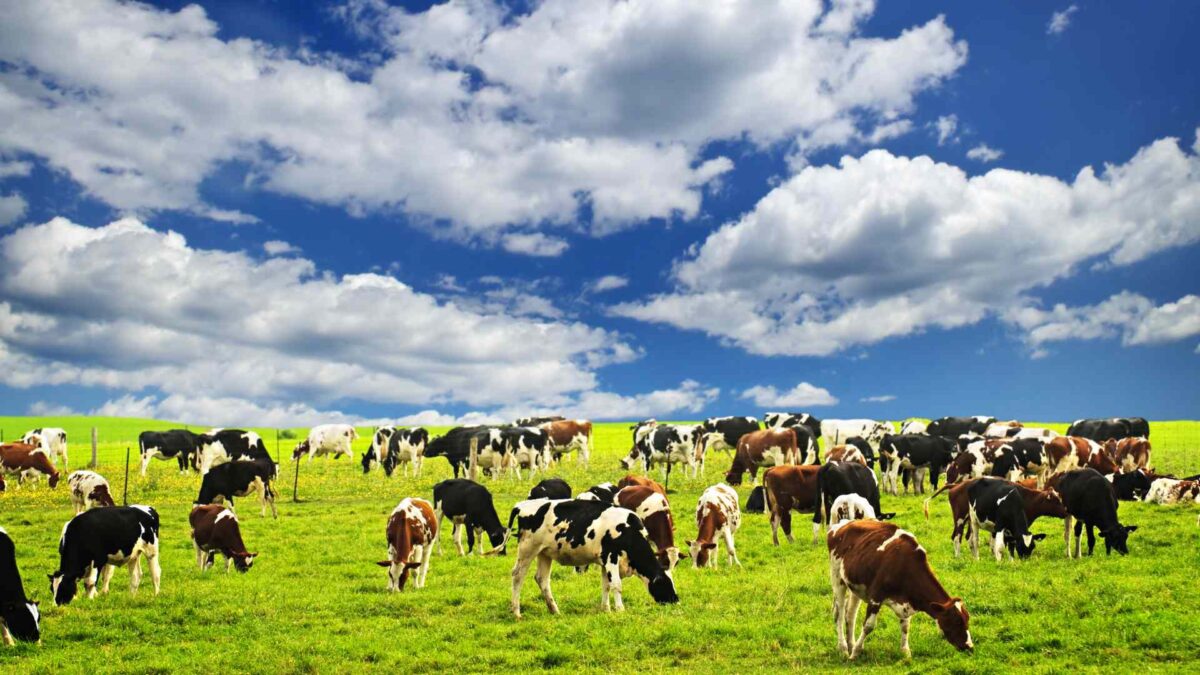
Lead author Dr Colm Duffy of the University of Galway said: “If every country adopted a temperature neutrality target, we would jeopardise the Paris Agreement’s goal of limiting warming to 1.5 degrees, or even 2 degrees. This approach protects the status quo for wealthy countries while placing an unfair burden on poorer nations.”
Professor Hannah Daly of UCC said methane accounts for about 40 per cent of global warming to date and that Ireland’s outsized emissions make stabilisation an inadequate response. “It sets a dangerous precedent,” she said.
The authors call for robust and equitable targets that require deep cuts in methane to help meet international climate goals while enabling a just transition for Irish farmers.
Share this WeathÉire story:

